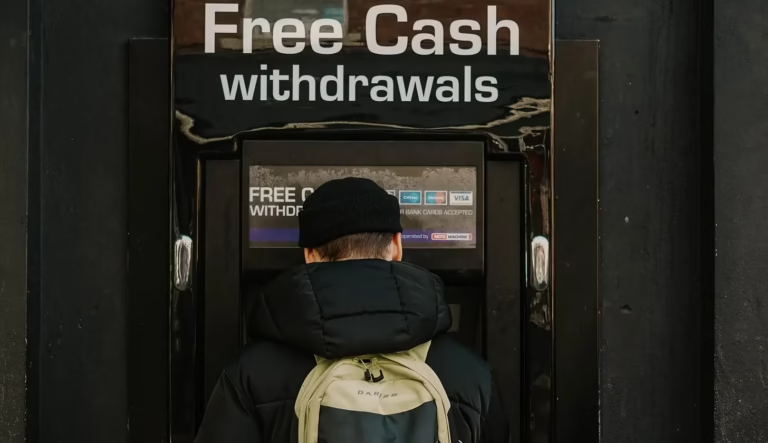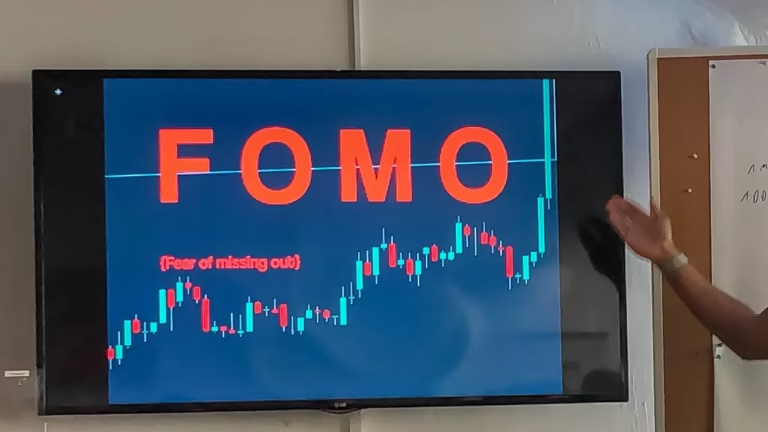Because not everybody can leave California for Texas
Recently we all have seen story after story across all kinds of media outlets and platforms describing the exodus out of California.
Initially, the stories were revolving around people leaving who didn’t like the politics or felt that the cost of living, especially for housing, was too high. Some moved to Texas, but a lot moved to Nevada or Arizona, or Idaho.
Now we are talking about large companies like Oracle moving.
What do you do if you live in California or another expensive state along the coast, and can’t leave due to work or other reasons?
Wages have not been increasing significantly in the last few years and many people struggle through the pandemic, loss of jobs, sheltering at home, etc. At the same time costs for housing and food are increasing.
What my team and I suggest is considering residential investments in places across the country where real estate is performing well.
Performing well means that a property you purchase for $100K pays you around $1000/month in rent. With that ratio, you can pay the mortgage, insurance, property taxes, 15% in reserves, and property management fees and still make about $150 — $300/month in passive income.
Someone reading this story might ask how $300/month is going to really change your life. It’s not a lot as long as you look at only one property.
I have learned to look at the bigger picture over a longer period of time.
Let’s create a little scenario here with Jennifer as our hero:
Jennifer is 30 years old and has a junior management role in a healthcare company in California. Her husband Frank works in a company that manufactures supplements (vitamins, herbal remedies, etc.). They met in college attending classes in biology and economics. They have a daughter that is about ready to attend kindergarten.
In 2020 the family went through the process of establishing a detailed personal balance sheet that showed that they had been putting about $700/month aside for investments or reserves. When really scrutinizing the payments they made to all kinds of subscriptions, etc. they found another $300 they could dedicate to reserves.
They established an accumulation account at the bank they use for all the banking — a simple savings account and now save about $1000/month. They put the stimulus money they received in 2020 into that account.
They also transferred what they had saved in a few other places into that one account ($7500). As a change in their behavior each month, they also pay themselves first by putting 10% of any money that comes in is paid into that account, rather than looking for purchases that might not be necessary or expenses that could be avoided.

California because they need to be close to their jobs but they made a commitment to increase their quality of life and work towards a point where they no longer have to depend on their jobs or be forced to live in the location their employer dictates.
They looked around the map of America, watched and keep watching countless YouTube videos of people that buy a piece of land in Texas to build an off-grid container home. Another couple went back to their family roots in Idaho and decided they would use the money from the sale of their original house to build a farm with their own hands during a 2+ year period they call Red Poppy Ranch. They looked into tiny homes, van, and RV living, and follow (somehow got hooked) a show of a couple that went from Phoenix Arizona to a property in British Columbia, Canada to live in a Yurt.
For Jennifer and her husband, these samples show them that a change is possible but at the same time they realized that they don’t want to go the extreme route some of these other people elected. They now aim to settle in one of the less crowded beach communities around Savanah, GA. The monthly income they estimate to need in today’s dollars is about $5000/month.
The first investment property they save for will get them about $250 in positive cash flow when everything else is paid. That means they know it will take 20 of these properties to reach their goal.
It sounds like a lot and it is. At the same time, they don’t expect to reach that goal next year or even in the next few years. Realistically, they will need about 12–15 years to get there unless we have another huge housing crisis or something else that massively changes the economy, which nobody can predict right now.
12–15 years feels like a long time when you look forward and try to imagine how life might be when you get there. At the same time, Jennifer and Frank are fascinated and enormously motivated by the idea of living a life without worrying about money.
A life without any concern about paying bills. A life where they can wake up in the morning and spend time with their daughter (or maybe the other kids they plan to have) and do some things they always loved, like sailing, surfing, being by the water, etc.
This about it, our heroes Jennifer and Frank will be less than 45 years old and will never have to work again.
They will have more than $2 million in assets in today’s values.
In their early 50’s their monthly income will substantially increase every year or so and stay that high forever.
Why you ask — well because those first houses they bought will be fully paid off and what used to pay, on average, $250/month will then bring about $700/month in their pockets — adjusted for inflation at that time.
By the time Jennifer and Frank turn 60, they will make about $20k/month in passive income and haven’t worked that past 15 years — and never will again in their life.
Their kids will inherit millions of dollars worth of equity and they nor their kids will really have to work.
Yes, 12–15 years looks like a long time and a hard journey of disciplined saving but I have asked Jennifer and Frank and they both say, with a huge smile on their faces:
“It’s totally worth it”

You might ask if that is just a nice dream or does it really work?
I am many years ahead of Jennifer and Frank and currently have 10 properties with more to come in 2021. Yes, it works and I enjoy it at the end of every month when I get the report from my property management companies reporting about the rental income. A few days later, I see the statements from the mortgage companies and see how the balances are going down.
I’ll reach my goal in the next two years and I am confident Jennifer and Frank will reach theirs too. The year is still young. Get your personal balance sheet completed and then set a goal so you can start on the journey that will allow you to live your dreams and not be tethered to a particular state or employer.
For a guide to help you on your path to starting your own wealth journey, Download your free mindset manual





